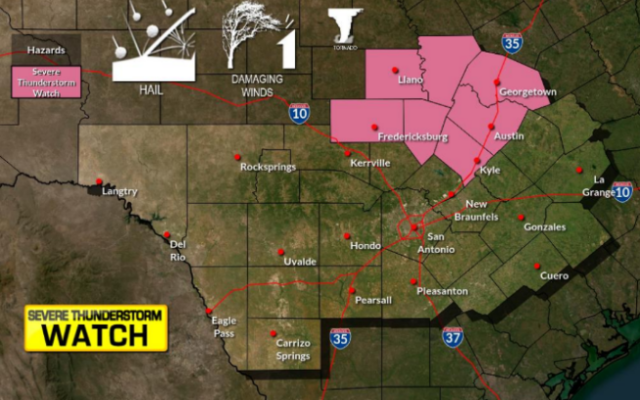An April Downpour of Reading Suggestions, If You’re Into That Sort of Thing

When people ask about this blog, it’s usually about the books and authors themselves. But there is the occasional question about e-books. For the record, I have nothing against them, and they must be really handy if you travel a lot. One reason I don’t use them is that I already own hard copies of so many books that I don’t need to seek them out in digital form. I’m not even sure they’d all be there. But, hey, reading is reading, however you’re doing it!
Here are the pages I’ve been physically turning lately…
“The Siamese Twin Mystery” by Ellery Queen (1933) This long-running series spanned decades, and most often was set in NYC, but here the father and son Queen detectives are trapped by a raging forest fire at a mountaintop estate peopled by some very unhappy and tangled-up people, and two young men who are literally attached to each other. Great plot twists and dramatic ending.
“The Tale Teller” by Anne Hillerman (2019) She continues her dad’s serial of mysteries set on the Navajo lands of the Southwest, with characters who become like friends, and a rich, detailed description of the culture and the landscape. This one centers around stolen Native American artifacts and murderous cover-ups. Check out the podcast of our 4/24 interview on this page.
“In The Frame” by Dick Francis (1976) An artist–a painter of horses–is pulled into a murder mystery. Francis’ novels always involved horse-racing, the great love of his life, yet as many of them as there were, no two were alike. You’ll never get tired of the Dick Francis books, Like Anne Hillerman, his son Felix Francis has taken over the franchise, but I have yet to read one of his.
“The Tattooist of Auschwitz” by Heather Morris (2018) A historical novel about a young Pole who falls into the death camp job of tattooing the serial numbers on his fellow prisoners, and how that saves and changes his life, and others.
“The Cardinal of the Kremlin” by Tom Clancy (1988) No matter how much has changed in the world since Clancy wrote this, it still reads as exciting as ever. I’m sure I read it when it came out, because I used to pounce on every one of his new titles, but I’ve been revisiting them again, and from “Red October” on, they’re still gems. In this one, America has, but is in danger of losing, a very high-placed secret agent, and a race for a new game-changing weapon of war.
“Dead Low Tide” by John MacDonald (1953) He’s best-know for his series of Travis McGee novels, which in my book are true 20th century American classics of fiction. But even without McGee, his stand-alone novels like this one, are full of men who would be good to have as friends, and the women who make them do desperate things.
“Hirohito and the Making of Modern Japan” by Herbert Bix (2001) In this very long, sometimes plodding but thorough work, Bix makes a good case that Japan’s emperor from the ’20s through the ’80s pulled a fast one on history: convincing the world after Japan lost the war that he’d just been an innocent bystander, a mere figurehead leader. Bix demonstrates that Hirohito drove his country into war, and got away with not being labelled a war criminal in part because we used him to put a good face on our postwar military administration in Tokyo. His grandson is about to succeed to the throne in days.
“Below The Fold” by R.G. Belsky (2019) His continuing mystery series with journalist Clare Carlson, a lady who noses around the secret lives of powerful, dangerous people (while keeping a very big secret of her own). Belsky was a newspaper editor and NBC News exec who gets the people and newsrooms exactly right. Nice details.
“Mutation” by Robin Cook (1987) I’m a fan of this M.D.-turned mystery author, but even the best batters strike out, and “Mutation” is one you should not swing at. The premise itself is way too improbable, and it gets more ridiculous as it goes.
“He Leadeth Me” by Fr. Walter Ciszek S.J. (1973) This legendary Jesuit is best known for his classic “With God In Russia”, about his nearly quarter century in Soviet captivity and torture. It’s one of the best books about the durability of faith, yet Ciszek felt it fell short of what he had in his heart. Hence, this follow up a decade later. “He Leadeth Me” rehashes some of the prior book, and adds some beautiful, simple insights into why we suffer, how to pray and the meaning of hard work. I’d recommend reading them both.
You Might Also Like



